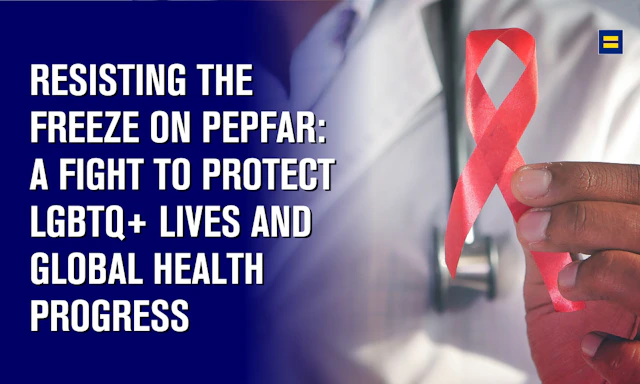
Cookies in use
Empowering the Transgender Community, One Relationship at a Time
by Madeleine Roberts •
For Tori Cooper, what underlies her work every day are relationships and empowerment.
For health and equity consultant Tori Cooper, what underlies her work every day are relationships and empowerment, and how those two things intertwine.
“I approach it from an empowerment standpoint,” Cooper said.
Along the way, it’s been the relationships she’s made with fellow advocates as well as the examples set by those who have come before her that have paved her way.
Cooper has been working in HIV & AIDS advocacy in various capacities for the last 30 years, and started out as a volunteer in the HIV & AIDS advocacy field while she was working a corporate job. Eventually, it was a conversation with advocate Freda Jones that spurred her to turn her advocacy work into a career.
After moving to Atlanta and seeing the discrimination faced by Black transgender women and people living with HIV, Cooper realized that she had the responsibility to use her voice to speak out.
“I felt I was on a mission to use the privilege that I have in life really to help out my own community,” Cooper said. Since then, “opportunities began to open up for me to use my voice and it’s just been no stopping from there.”
Currently, Cooper is focusing on building meaningful relationships with those around her. That’s part of what’s driving her work with HRC’s ELEVATE program, where she serves as a facilitator. She says we will end the HIV epidemic when people who are living with HIV reach an undetectable, untransmittable status and are able to access the necessary care to retain that status.
But to do so, advocates need to engage in different kinds of work.
When reaching out to Black and Latinx communities, which often have higher rates of HIV, it’s key to ensure that those providing services are representative of the people they’re serving and empowering them to get the care they need.
Cooper is working on a nationwide advocacy training program that’s focused on that kind of outreach and leveraging privilege. She’s also working on a project based around providng three levels of housing -- emergency housing, intermediate housing and long-term or semi-permanent housing -- with the specific focus of reaching transgender people.
Housing, says Cooper, is the key element to ending the HIV epidemic. Once transgender and people living with HIV have stable housing, other needs such as employment opportunities, education, transportation, food insecurity and health care can be addressed -- with the goal of moving toward equity.
When passing along information to the next generation of advocates, she remembers why she’s able to do this work today. If she hadn’t started off as a volunteer in the beginning, she says, she’d have burned out years ago.
“There’s a lot of work to be done, and we all have different roles and different assignments. Pace yourself.”
But even with all the work ahead, Cooper is optimistic.
“Resilience means getting back up. Starting over. Doing it again even when folks say that you shouldn’t or you couldn't … Thriving in spite of it all.”
- Topics:
- HIV & AIDS
- Communities of Color
Love conquers hate.


